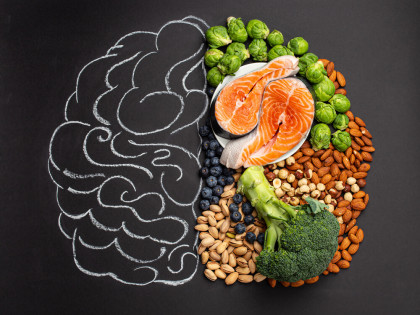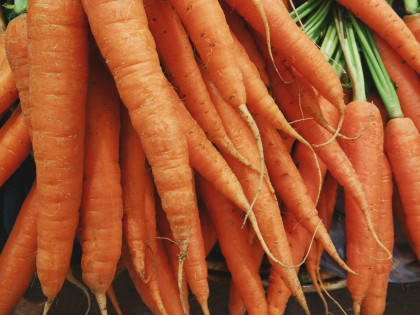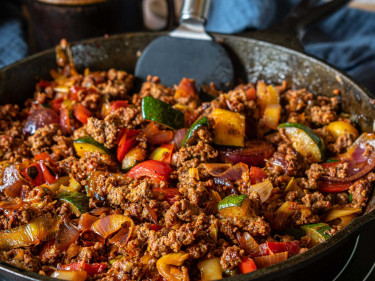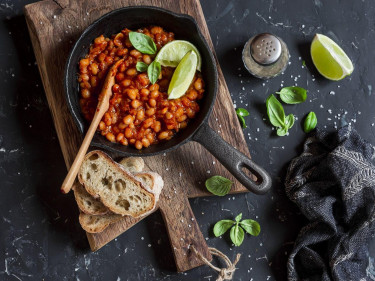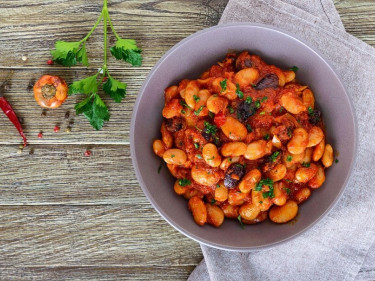Every year, food waste costs Australian households about $2500 per household. Food waste in the home usually happens when we buy too much, cook too much or don’t store food correctly. By making a few simple changes at home, we can reduce food waste, eat well and save money.
Here are 8 simple ways to reduce household food waste:
- Plan meals in advance, so that you only buy the food you need. Include some days in your plan where you can use up leftovers. For ideas on using up odds and ends hanging around in your fridge, freezer or cupboard head here.
- Check your fridge, freezer and cupboard before you go shopping, and try to buy only what you need.
- Eat older foods, or foods that don’t last as long as others first. For example, cabbage will keep longer than lettuce and soft greens like spinach. Apples and oranges will last longer than berries.
- Store food correctly, be creative using leftover ingredients and freeze any leftover meals. Label containers of leftover food with the date it was prepared.
- Compost fruit, vegetable and grain-food scraps, or use worm farms.
- Choose foods with the least amount of packaging where possible and appropriate.
- Reduce packaging by buying frequently-used or long shelf life items in bulk, and portioning into re-usable containers. For example, buying 1kg of meat and freezing into several meal-size amounts or buying 1kg of yoghurt and dividing into smaller portions to take to school or work.
- Use sturdy, re-usable bottles for water and other drinks, rather than buying disposable containers.
For more information on food waste check this out: https://theconversation.com/melbourne-wastes-200-kg-of-food-per-person-a-year-its-time-to-get-serious-60236




